Talc Powder: Your Go-To Solution For Diverse Applications

Cosmetics Industry

Talc, prized for its smoothness, absorbency, and silkiness, significantly enhances cosmetics. It contributes to the texture and transparency in products like blush, eyeshadow, and foundation, providing a desirable silky finish and ensuring user comfort during application.

Pharmaceutical Industry

Talc is vital in pharmaceutical manufacturing, serving as a glidant in tablet compression and in the creation of pharmaceutical coatings. This makes swallowing easier and improves the efficiency of medication delivery, playing a critical role in patient treatment and care.

Personal Care Industry

In personal care items such as body powders, talc is an essential component. It expertly controls moisture and imparts a soft, silky texture, enhancing user comfort and satisfaction. Its role in these products is fundamental to their performance and appeal.

Plastics And Polymers Industry

Talc strengthens plastics by enhancing rigidity, thermal conductivity, and stability. Its role in the manufacturing of durable goods, from automotive parts to household appliances, is pivotal to ensuring these products perform optimally over time.
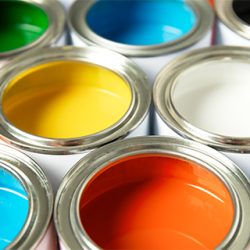
Paints And Coatings Industry

Talc plays a significant role in paints and coatings, controlling gloss, viscosity, and enhancing weathering properties. These attributes result in durable, high-coverage paints and coatings that can withstand varying conditions, ensuring a lasting finish.

Ceramic Industry

Talc is instrumental in modifying ceramics, improving thermal shock resistance and reducing porosity. This results in more durable and long-lasting ceramic products, playing a vital role in ensuring ceramics serve their purpose effectively over time.
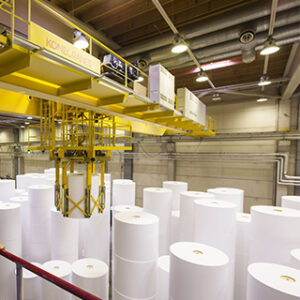
Paper Industry

Talc enhances the properties of paper by improving opacity, printability, and runnability. As a filler, it reduces paper permeability and improves the manufacturing process, resulting in higher quality paper products.

Agriculture Industry

Talc improves the efficiency of fertilizers, pesticides, and insecticides by serving as a carrier. Its role ensures better absorption by plants, leading to improved agricultural yield and thereby contributing to overall food production.

Roofing Industry

Talc is essential in the manufacturing of roofing materials, improving weather resistance and longevity. By reducing stickiness, it also enables a more efficient installation process, leading to durable and effective roofing solutions.
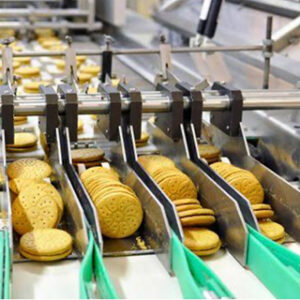
Food Industry

In the food processing industry, talc serves as an anti-caking agent. It enhances flowability and prevents clumping in a variety of products, from spices and powdered food to confectionery items, ensuring smoother production processes and better product consistency.

Rubber Industry

In rubber manufacturing, talc plays a significant role by enhancing processing, dimensional stability, and reducing gas permeability. It is crucial in producing durable automotive and industrial rubber applications, ensuring longevity and performance.
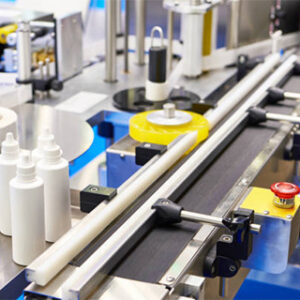
Adhesives And Sealants Industry

Talc improves the properties of adhesives and sealants, enhancing viscosity, reducing set time, and increasing stability. Its role is contributed as a key factor in achieving more reliable bonding solutions in a vast range of applications in this industry.

Plaster And Construction Industry

Talc plays a vital role in improving construction materials like paints, sealants, and caulks. It serves as a filler and extender, enhancing the strength, durability, and appearance of buildings, contributing to robust and aesthetically pleasing structures.

Welding And Metalworking

Talc is used as a welding flux to ensure cleaner, stronger welds and also as a lubricant in metalworking. This makes manufacturing processes more efficient and effective, resulting in the production of stronger, higher-quality metalwork products.

Automotive Industry

Talc contributes to the performance and durability of automotive parts by enhancing heat resistance and reducing friction. Its role is essential in the production of higher-quality vehicles, ensuring they perform optimally and last longer.

Soap And Detergent Industry

Talc is an essential ingredient in soaps and detergents. It improves texture in soaps for a smoother feel, and in detergents, it prevents caking, ensuring efficient cleaning performance and overall product effectiveness.
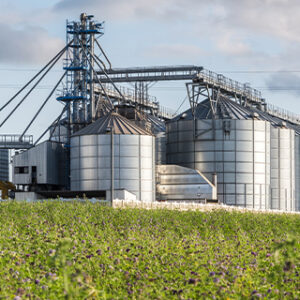
Fertiliser Industry

Talc in fertilizers acts to prevent caking and improve nutrient delivery. This leads to smoother application, more effective plant growth, and improved agricultural productivity, making talc an integral part of modern farming practices.
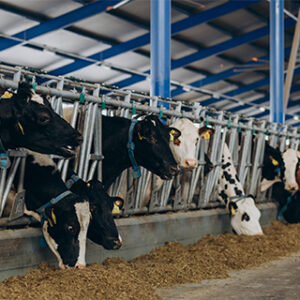
Animal Feed Industry

In animal feed, talc acts as an anti-caking agent, ensuring the feed remains loose and free-flowing. This promotes easy consumption by animals and contributes to the overall efficiency and effectiveness of feed production.
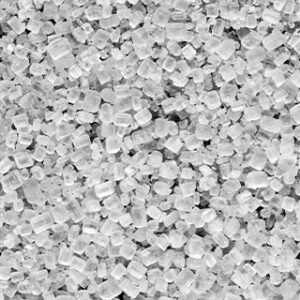
PP Granules And Masterbatch

Talc plays a significant role in enhancing stiffness, heat resistance, and dimensional stability in polypropylene granules and masterbatches. This improvement in product quality and manufacturing efficiency has far-reaching implications in various industries.
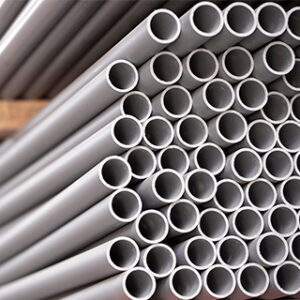
PVC Pipes Industry

Talc contributes to the durability and reliability of PVC pipes by increasing rigidity, reducing brittleness, and enhancing service life. These helpful properties of this mineral results in durable infrastructure solutions and more efficient water management systems.

Textile Industry

Talc serves as a detackifier and lubricant in the textile industry. It reduces friction during the manufacturing process, leading to increased fabric durability and an improved feel of the product produced, playing a crucial role in the production of quality textiles.
